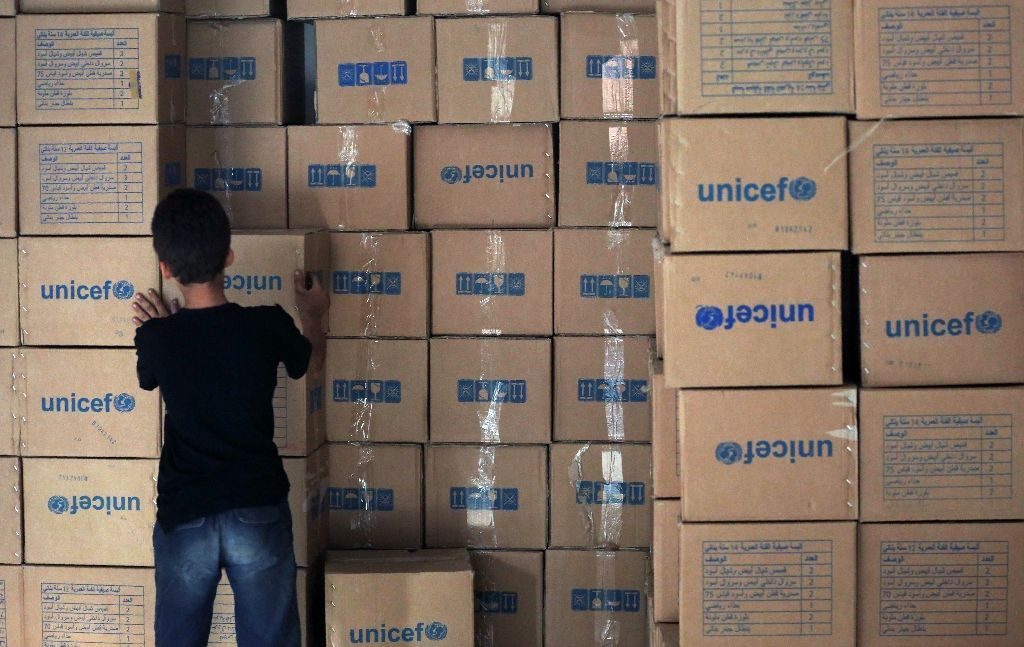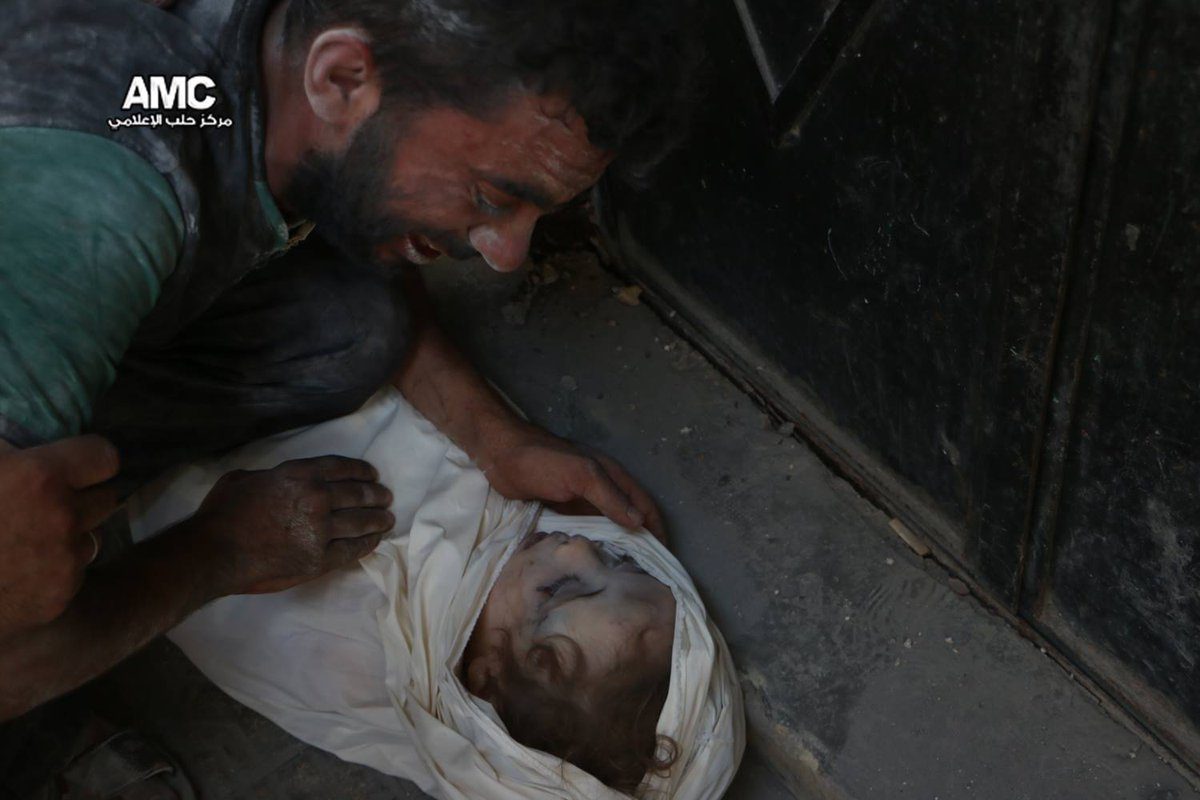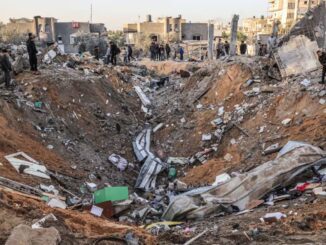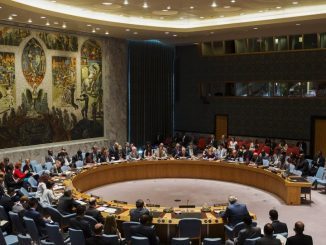
The UN declared resuming its humanitarian aid delivery in Syria after a 48-hour suspension due to a deadly attack, asking both the Assad regime and the rebels to ease its mission.
U.N. trucks loaded with food, medical and other supplies for 35,000 people arrived in the rebel-held besieged Damascus suburb of Mouadamiya, U.N. spokesman Jens Laerke said. The U.N hopes to send others to besieged areas in Idlib and near the Lebanese border in coming days.
“Forty trucks are sitting at the Turkish-Syrian border, the food will be expiring on Monday. The drivers are sleeping at the border, and they have done that now for a week,” U.N. humanitarian adviser Jan Egeland told reporters.
“So please, President Assad, do your bit to enable us get to eastern Aleppo and also the other besieged areas. We also have to get assurances in the east Aleppo case from the armed opposition groups to enter,” he said of the divided northern city.
The UN suspended land deliveries after a 31-truck convoy was attacked on Monday night at Urem al-Kubra in western Aleppo.
The Syrian Observatory for Human Rights said that the attacks were carried out by either Assad regime’s or Russian aircraft and at least 32 people were killed. However, Russian defense ministry denied the accusation.
At least 18 of 31 trucks in a U.N. and Syrian Arab Red Crescent (SARC) convoy were hit on Monday along with an SARC warehouse. The convoy was delivering aid for 78,000 people in the hard-to-reach town of Urm al-Kubra in Aleppo province.

“The devastating sustained attack at our convoy at Big Urem outside Aleppo this Monday is the worst attack ever sustained on a cross-line, cross-border convoy,” Egeland said on Thursday.
The attack left a “tremendous cloud” over the whole system for obtaining authorizations from all warring sides “that is the pre-condition for a lifeline to millions of people”, he added.
Mouadamiya was “a very important town where people have been suffering for very long and where they feel squeezed by all armed actors.”
Egeland said the United Nations also hoped to deliver aid to rebel-besieged towns of Foua and Kufreya in Idlib and government-blockaded Madaya and Zabadani near the Lebanese border within days.
“Madaya is a place where people have been starving and where there was a meningitis epidemic. We’re loading, we hope to go soon,” he said. “We need a re-boot, we need a re-start for security assurances, guarantees for the humanitarian lifeline.”
On the ground, opposition activists also asked the UN to send aids to the besieged areas in Aleppo as the situation there worsens every day.
“the UN stopped the aid to the Syrian people in Aleppo. Our people are dying. We have not had aid come in for a very long time,” Ibrahim al-Hajj, a member of the Syrian Civil Defence, said. “My family and I have one week’s worth of stored food left, and after that, we will run out.”
The Syrian crisis began as a peaceful demonstration against the injustice in Syria. Assad regime used to fire power and violence against the civilians and led to armed resistance. 450.000 Syrians lost their lives in the past five years according to UN estimates, and more than 12 million have lost their homes. Syria



